A Girl Born Without Nose, Who Was Called “Voldemort”, Proved Everyone Is Beautiful in Their Own Way

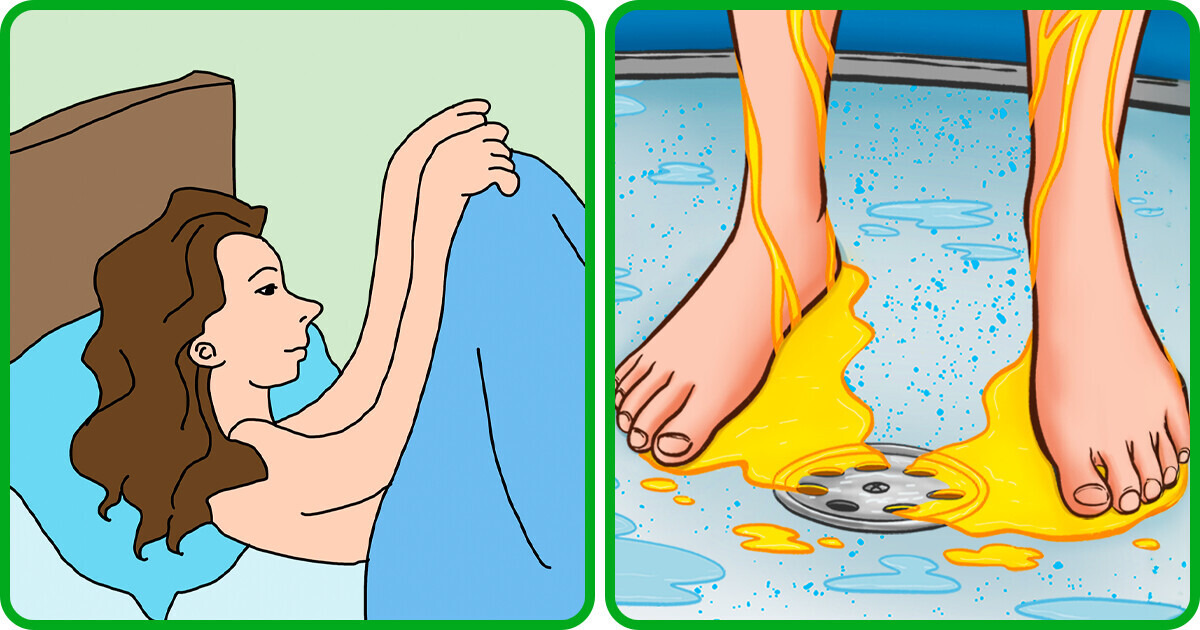
Most of us are familiar with the usual eco-friendly habits—recycling, using less plastic, and conserving water—but research suggests there are other, less obvious ways to make a difference. These uncommon actions go beyond the basics and offer surprising yet effective ways to protect the planet. Here are six research-backed strategies that can help create a healthier world.

Cooling down naturally at night not only helps you sleep better but can also reduce energy consumption. Instead of relying on air conditioning or fans, opening a window for fresh air or sleeping naked allows your body to regulate its temperature more efficiently. This small habit can lower your household’s energy use and carbon footprint while improving sleep quality.
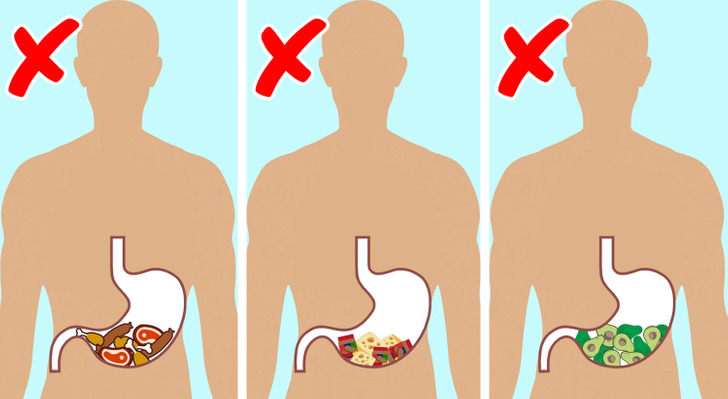
The global food industry is a major contributor to greenhouse gas emissions, red meat and animal products, in particular, have a significant carbon footprint. Shifting toward a plant-based diet or even reducing red meat consumption can help lower your environmental impact.
While some plant-based foods, like avocados, have a noticeable footprint, they still require fewer resources than beef or lamb. Making mindful dietary choices can go a long way in preserving the planet’s resources.
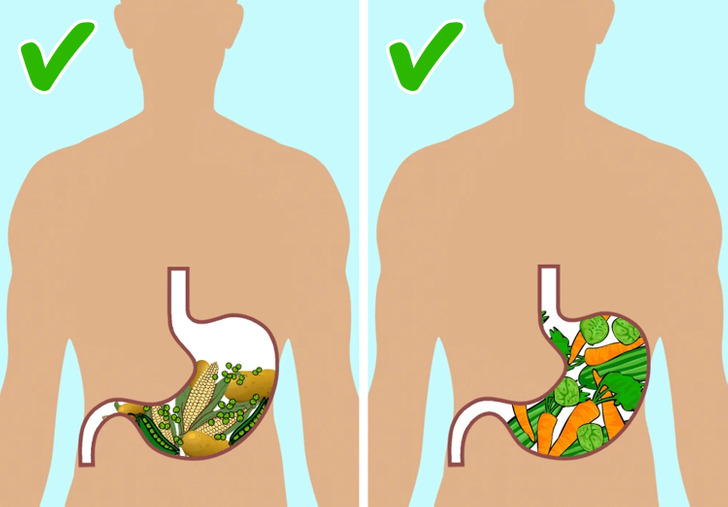
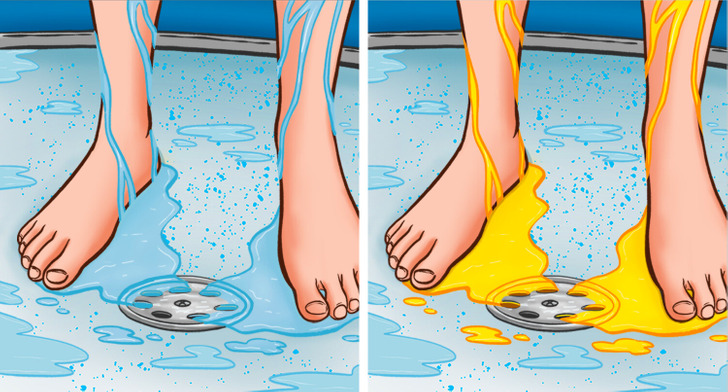
Flushing the toilet accounts for a significant amount of household water use, but one simple change can make a difference—peeing in the shower. A campaign by university students in the UK highlighted that if 15,000 students adopted this practice, it could save millions of liters of water annually—enough to fill 15 Olympic-sized swimming pools. While unconventional, this small habit can contribute to water conservation.
Menstrual blood is rich in nutrients like nitrogen, phosphorus, and potassium—the same elements found in fertilizers. By diluting menstrual blood with water and using it to nourish plants, people can create a natural, sustainable fertilizer that reduces waste. Instead of flushing away these valuable nutrients, repurposing them for gardening can support plant growth in an eco-friendly way.
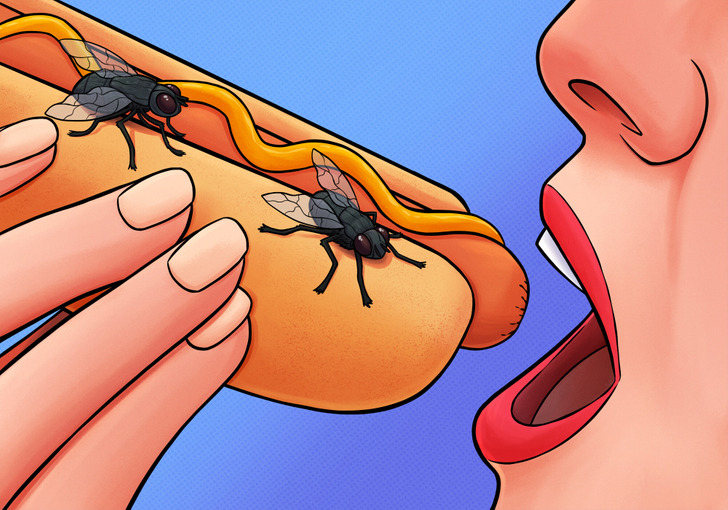
Edible insects are a highly sustainable protein source, requiring far less land, water, and feed than traditional livestock. Crickets, mealworms, and black soldier flies have a much lower environmental impact while providing essential nutrients. Just keep in mind that although black soldier flies are safe to eat, their eggs are not.
Incorporating insect-based foods into our diets could significantly reduce greenhouse gas emissions and lessen the strain on global food production.
Introducing native plants into your garden or local environment is an effective way to support biodiversity and reduce the need for excessive watering, fertilizers, and pesticides. Native species are adapted to the local climate, requiring less maintenance while providing food and shelter for wildlife. By choosing plants that naturally thrive in your region, you can create a healthier ecosystem with minimal environmental impact.
Throughout history, countless architectural marvels have stood as symbols of human ingenuity, culture, and progress. Yet, some of these remarkable structures have been lost forever, leaving behind only photographs, sketches, and stories of their grandeur.
8 Unusual Buildings That No Longer Exist, Lost to History Forever











